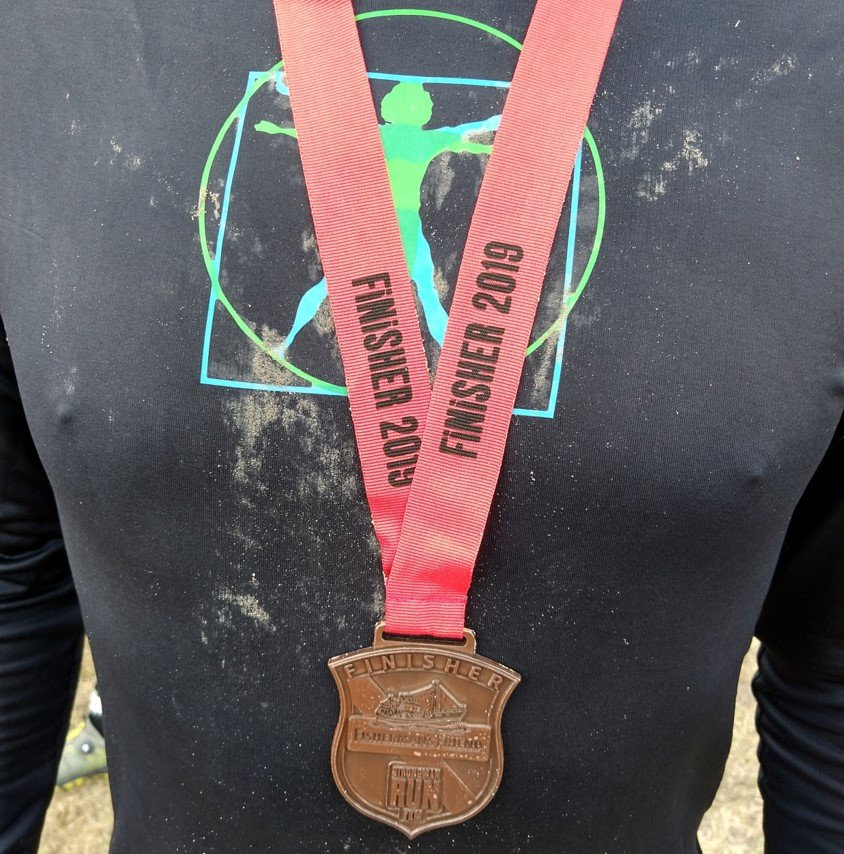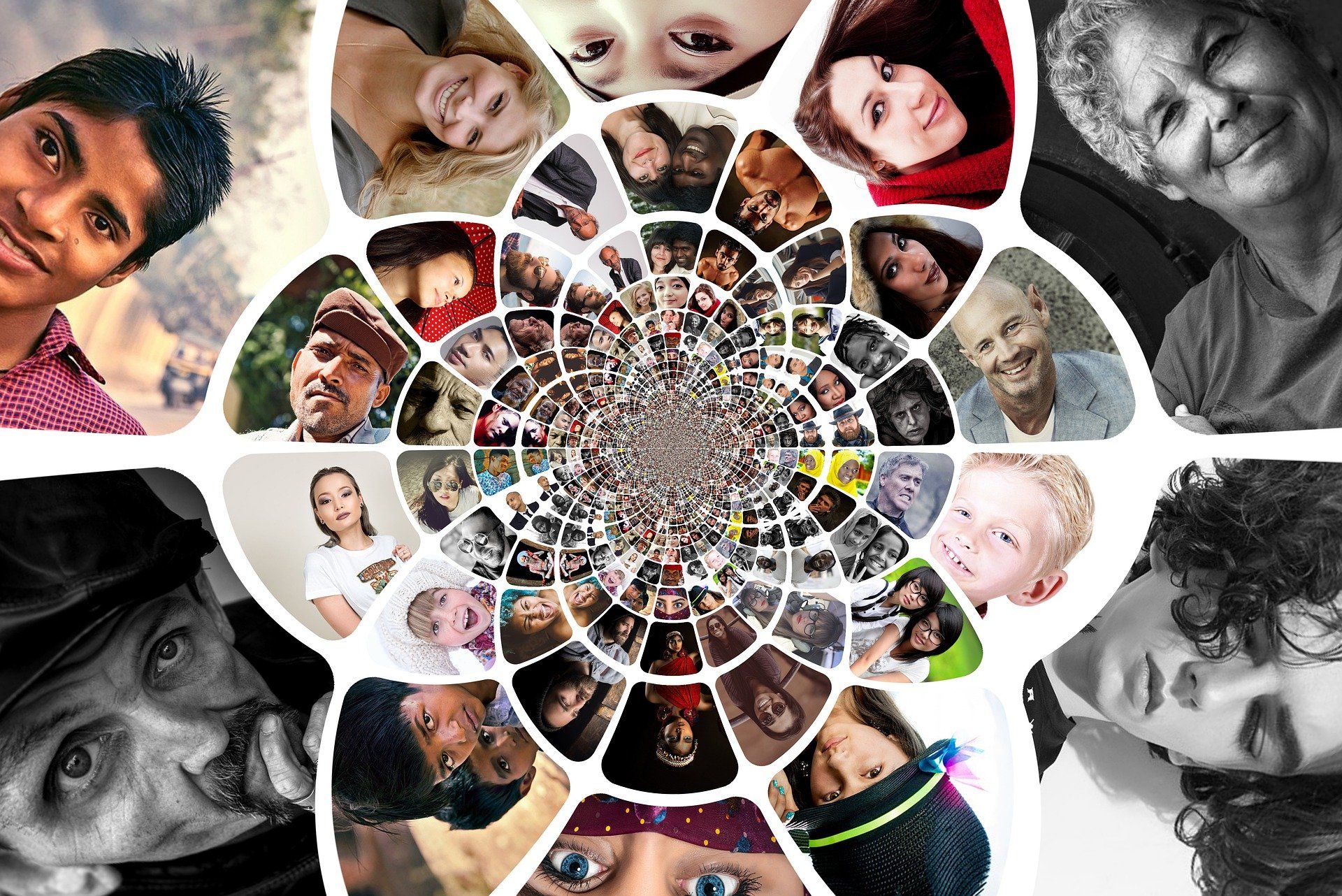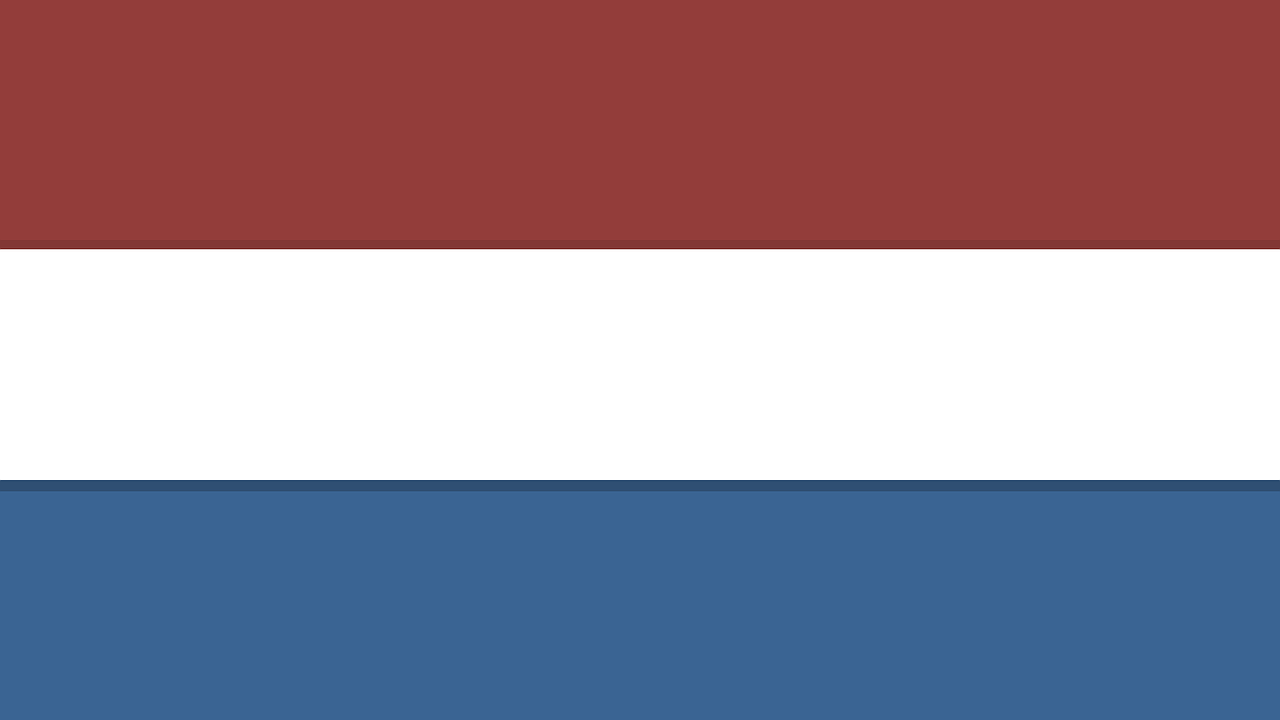Cultural sensitivity
- door Daniël Jolink
- •
- 08 jan, 2021
- •
Rock hard soft skills

The theme of the Project Management in Healthcare conference on May 18, 2021 is "Rock hard soft skills". Project management in healthcare requires extremely hard developed soft skills. In the run-up to the conference, we will therefore consider soft skills from the perspective of project management in healthcare in this series of blogs. In this issue we will discuss: cultural sensitivity.
One of the most complex "soft skills" of project managers in healthcare is cultural sensitivity. The culture of a healthcare organization is in many areas comparable to that of a large (corporate) organization, but on a number of points quite the opposite; it is rather comparable to a medium-sized city, in which the different departments are independent shops and factories, each with their own doctors, nurses & managers and sometimes even professors, researchers and students. Each with their own specialty, but all with the same common goal, which is to combat diseases, care for clients and promote health. These departments all have their own dynamics and culture, but work for (and with) the same patients & clients.
In order to guarantee cooperation within a care organization and to enable the exchange of information within and between care organizations, the same data standards are used as much as possible and preferably the same EPD or ECD. Many projects are aimed at linking the EPD / ECD to the specific modalities of the departments and to improve information gathering & information exchange. To be able to share and exchange information about patients / clients between different departments. To make patient / client information visible and comparable for multidisciplinary consultations.
This means that as a project manager in healthcare, you will work in many different departments, and there for you have to deal with different cultures and you have to be able to cooperate with everyone. This requires project managers in healthcare, more than project managers in other sectors, to have a well-developed cultural sensitivity. To be successful as a project manager in healthcare, you must be able to adapt to the culture of the department for which you are realizing the project. Having a feeling for the relationships, an eye for the specific characteristics, listening to the nuances of the department. Connecting with the current culture, joining the ways-of-working and thinking along with the requirements and wishes of the project owner. But in the meantime you have to keep the objective and the intended result in mind. Because the project manager has been appointed precisely to achieve the goal, with as much support and involvement as possible from the department for which the project is intended.
Cultural sensitivity helps the project manager in healthcare to be successful. But cultural sensitivity does not mean “to sway in the breeze” or “to lean too far in the sympathies”. Because for departments to optimally cooperate with each other and to exchange patient / client information adequately, certain standards and clear agreements are required. And implementing these in the various departments sometimes means gaining support for unpopular choices, which may go against the ingrained working methods of healthcare professionals. They may also require different ways-of-working; maybe protocols need to be adapted. And that is also part of the project manager's responsibilities in healthcare.
In conclusion, it can be said that cultural sensitivity definitely belongs in the toolbox of the project manager in healthcare. Because it is an important tool, along with all those other skills, to be successful in the complex environment that healthcare organizations are.
© 2020, Daniël Jolink, Manager Portfolio, Project & Program Management at the LUMC. He writes his contributions in the context of the Project Management in Healthcare Foundation in a personal capacity.



